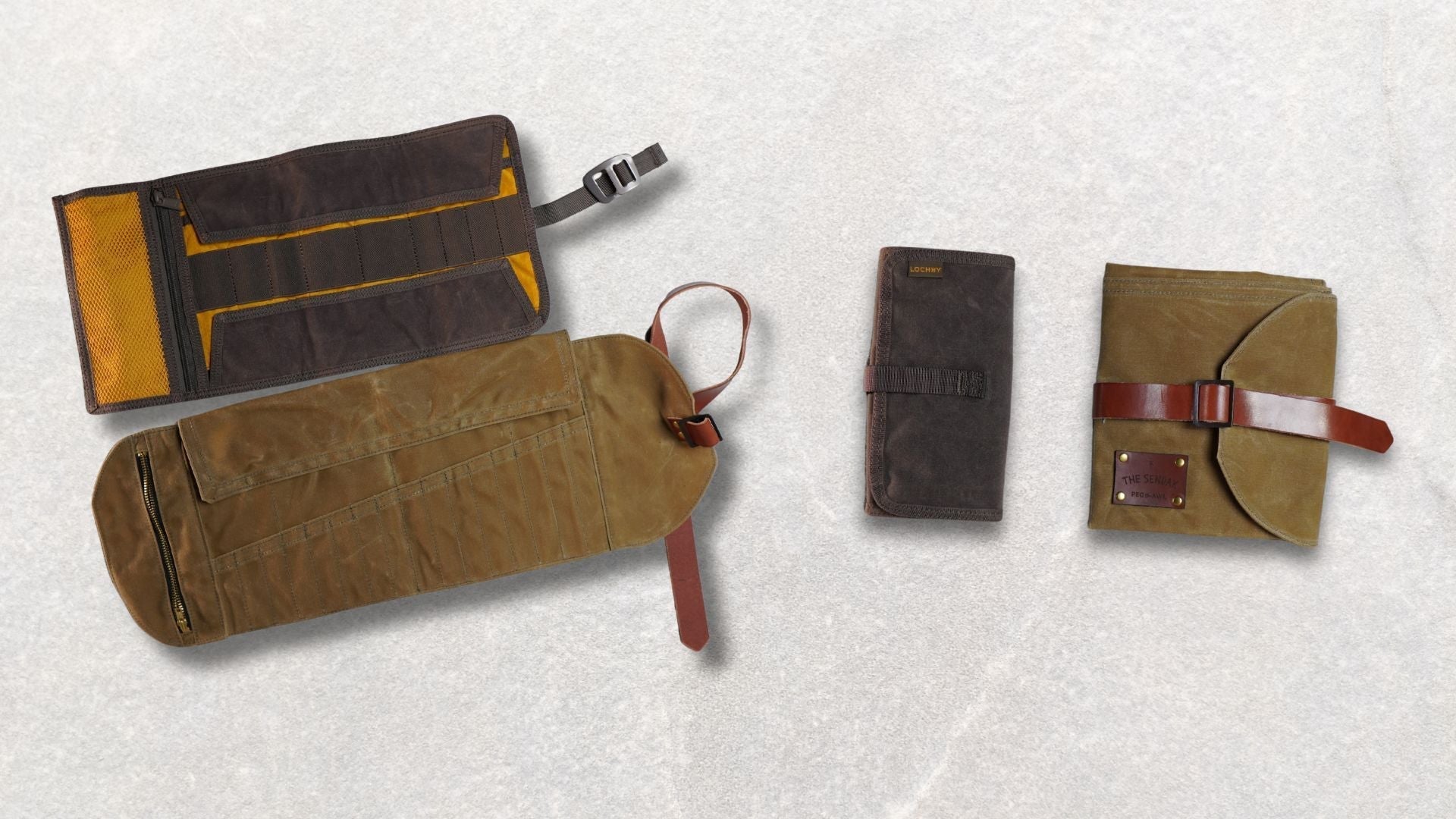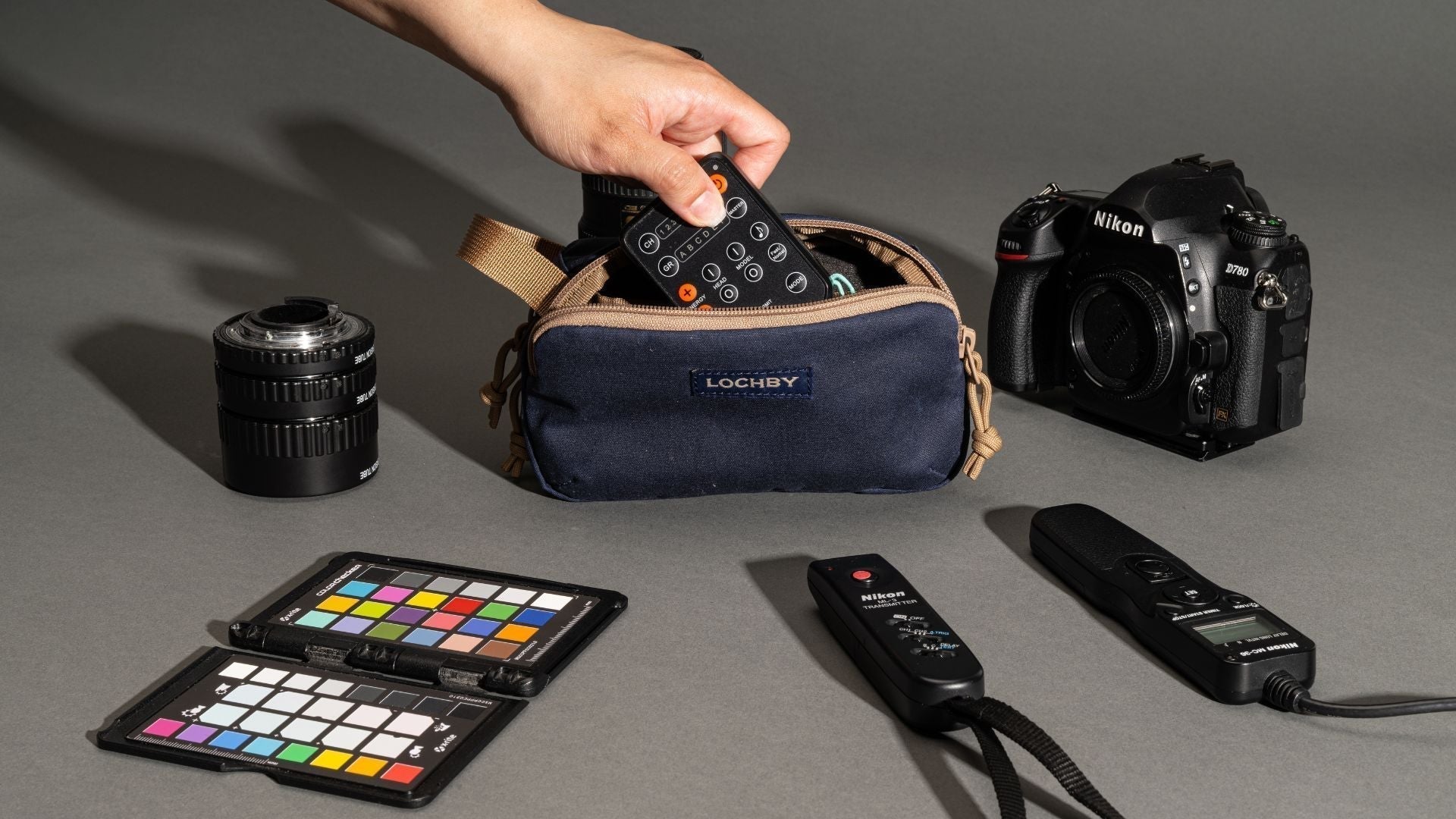“It was like a new world opened to me, the world of science, which I was at last permitted to know in all liberty.” - Marie Curie
When it comes to the field of radioactivity, no name is more well known than Marie Curie’s, the mother of modern physics herself. She’s a pioneer scientist—she coined the term “radio-active”—and, along with her husband, Pierre Curie, discovered polonium and radium. Radiation is used in medicine because of her; she’s one of the major reasons we have a lot more understanding about radioactivity in general. Curie was also the first woman to win a Nobel Prize, not to mention the only woman who has two Nobel Prizes for different fields (physics and chemistry).
She also kept a research journal. Due to the nature of her work, which was also the reason for her death, Curie’s manuscripts are radioactive and are stored in France's Bibliotheque Nationale in Paris inside lead-lined boxes. Guests are allowed to view them but have to sign a liability waiver, as well as wear certain gear, since they’re contaminated with what is called radium 226. These notebooks are considered scientific treasures and for good reason looking at what Marie Curie has achieved.
But can we learn from her journals? In today’s post, we look at Curie’s journaling practice and see how it can help make our own better!
1. It’s a great way to track your work.
Curie’s journals contained her experiments, whether they were a success or failure, which made it very invaluable not just to her but other scientists after her death. In the same way, keeping a written record of our own works—whether they’re for school, work, or personal projects, can be useful in the long run.
For one, how we got to certain results is easier to figure out if there’s a written trail. If it’s an experiment, it will show the exact steps that we took, what to avoid, and even provide an overview that can help us tweak and adjust where needed as we do future experiments. It keeps us from committing the same mistakes, saves us time, and helps not just ourselves but others who may benefit from whatever knowledge our written records have.
Another reason to use a journal when keeping track is to see our progress. How else will we know if we’re doing well, moving forward, or are stuck unless we have something to review? This point is driven home further by Curie’s own words in a letter she sent to her brother in 1894: “One never notices what has been done; one can only see what remains to be done.”
All around, a journal is useful for the simple reason that it’s always good to have a record of certain things that may not be useful at the moment but can become priceless in the future.
2. Written records provide evidence.
During Curie’s time, women were “thought to be too sentimental to perform objective science.” She was an amazing scientist with equally amazing achievements and discoveries but, at first, wasn’t even supposed to receive the Nobel Prize. Members of the French Academy of Sciences believed that her brilliant work was because of her co-workers and the skeptics wanted the award given only to her husband, Pierre and Henri Becquerel (who first discovered the phenomenon of radioactivity). Thanks to Pierre who talked to the influential people on the Nobel committee, Curie was included.
Thankfully, it didn’t come down to the Curies having to show proof that it was Marie who “originated their research, conceived experiments and generated theories about the nature of radioactivity.” But should there have been a need, having a research journal on hand and intimately knowing its contents would be quite convincing evidence. Much in the same way it would be at present should we encounter a similar situation where we need to provide proof of past work, having our own journal can be a testament to our hard work and original ideas.
3. It may help and inspire someone else someday.
While this shouldn’t be the main point of keeping a journal—especially if it’s one that’s meant to be personal—we never know if our most honest thoughts and feelings can impact the people around us, even the world, someday. It could be someone close to you: a family member or a friend.
The notes in Curie’s journals are still valuable today and, while she has achieved so much and left a legacy not just through her discoveries and contributions, her manuscripts are also a glimpse of her brilliance: the processes she followed and the way her mind worked. To anyone interested in science, this information would not just be interesting but inspirational.
Conclusion
These are just some of the things that we can learn from Marie Curie’s journal. Journaling as a practice has so many benefits and is a great tool that we can tweak as needed to suit our needs. With customization here and there, there’s no limit to the ways we can make this practice work for us and whatever it is we’re aiming to achieve.
How has your own journal helped you keep track of work? Was there anything from previous entries that helped you prove something? Are there any specific journalers that have inspired you in life? Let us know in the comments, we’d love to hear from you!





Do It Like The Creatives: The Daily Ritual of Andy Warhol
The Secret To The Perfect Morning Routine!